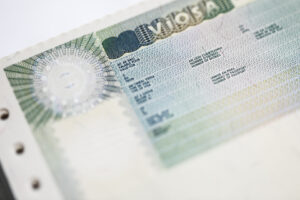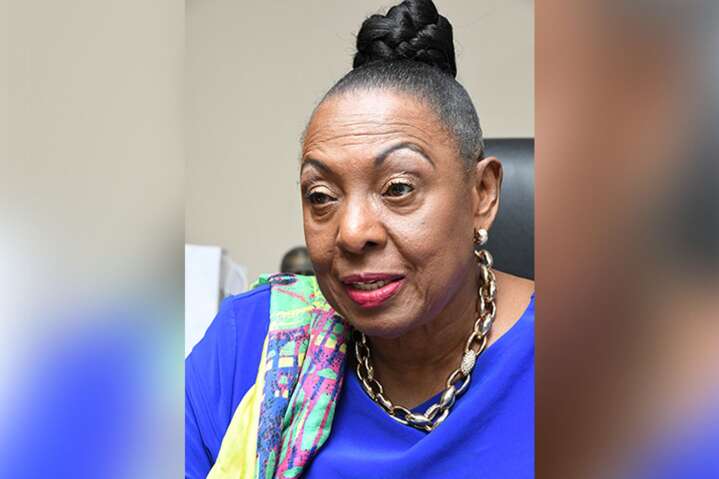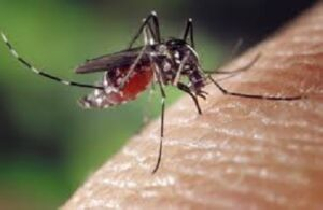Fisherman and proprietor of Pebble's One Stop at Hellshire Omar John says water levels have shifted by five to 10 metres.
KINGSTON, Jamaica- In a vital partnership to protect Jamaica’s coastal communities, the Government of the United Kingdom and the United Nations Environment Programme (UNEP) have partnered with the National Environment and Planning Agency (NEPA) on a marine pollution project aimed at boosting Jamaica’s blue economy and safeguarding thousands of livelihoods.
Launched under the UK’s Sustainable Blue Economies Programme, the “Enhancing Water Quality for Sustainable Blue Economy Development” initiative will mobilise UK scientific expertise and regional knowledge to address marine pollution, an escalating threat to Jamaica’s economic growth, food security, and environmental health.
“Protecting Jamaica’s marine environment is not only vital for the health of the planet but for the prosperity of the people who depend on it. This partnership reflects the UK’s strong commitment to supporting sustainable, inclusive growth across the Caribbean. We are proud to work alongside NEPA and UNEP to strengthen Jamaica’s blue economy and ensure that future generations can thrive on the natural wealth of these coastal and marine ecosystems” said Judith Slater, the British High Commissioner to Jamaica.
Some of the activities got underway on April 28 with representatives from Jamaican ministries, government agencies, civil society, and blue economy sectors engaging in a marine pollution situation analysis and strategy development.
“The reality is that good water quality is critical in ensuring a healthy ocean and a buoyant blue economy, the foundation of over 30 per cent of Jamaica’s GDP,” said Anthony McKenzie, director of NEPA’s environmental management and conservation division. “We must act strategically to protect the value of our marine and riverine ecosystems.”
The initiative is being delivered in partnership with the UK’s Centre for Environment, Fisheries and Aquaculture Science (Cefas) and the UNEP Cartagena Convention Secretariat and will run throughout 2025.
Key focus areas include:
•Identifying key sources of marine pollution and gaps in current mitigation efforts
•Aligning blue economy and environmental policy priorities
•Supporting evidence-based strategies for sustainable coastal and marine resource management and
•Building national capacity for long-term marine water quality monitoring and response
UNEP Cartagena Convention Coordinator Chris Corbin said the project affirms Jamaica’s leadership in the region.
“As Jamaica expands its ocean-based economic opportunities, including tourism and fisheries, the need for enhanced water quality and capacity-building becomes critical. This initiative reinforces Jamaica’s commitment to protecting marine ecosystems for future generations,” he said.
For his part, Director for the International Centre for Ocean Protection and Use at Cefas, Dr Will Le Quesne stated that, “Marine and coastal activities sustain communities and economies. We’re proud to partner with Jamaica in strengthening marine protection and blue economy resilience.”
The project marks a significant step in the UK’s support for climate-resilient development in Small Island Developing States (SIDS). Through the Sustainable Blue Economies Technical Assistance Platform, Jamaica gains access to top-tier UK marine expertise to co-develop practical tools and strategies for sustainable marine use.










